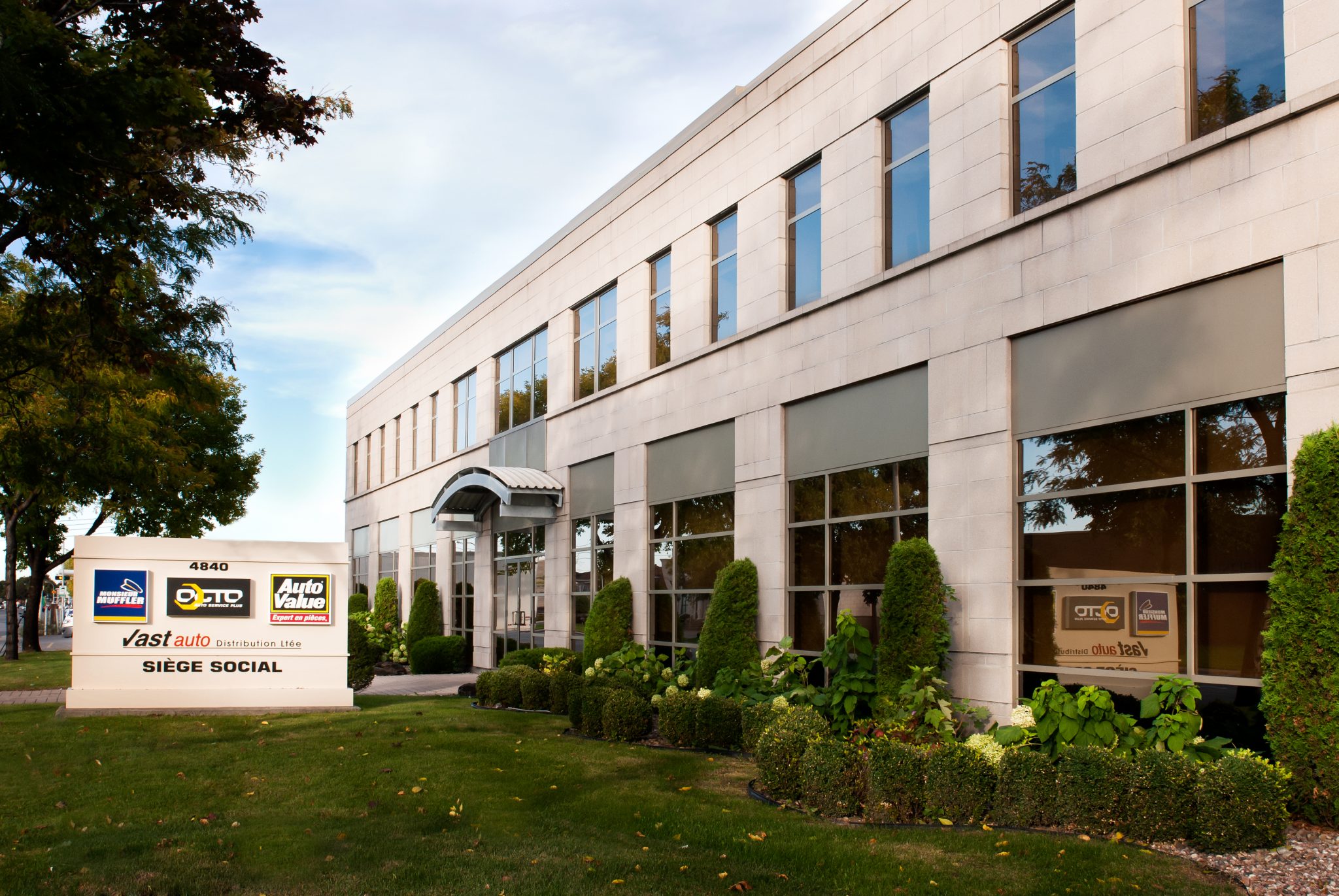
The news that the Del Vasto family will sell their business to a U.S. giant has the Canadian automotive aftermarket talking.
On Monday, O’Reilly Automotive announced it had agreed with Groupe Del Vasto shareholders to buy all of the company’s shares and its affiliated entities
The move hasn’t surprised many in the Canadian auto care space.
O’Reilly has been expanding outside of the U.S., particularly into Latin America, noted Kumar Saha, U.S. vice president and Canadian managing director of global automotive data firm Eucon.
“The northward expansion also make sense,” he said “So not surprised. But it’s very interesting news.”
“I think it’s a brilliant move,” said Joe Mercanti, a long-time industry executive and now AIA Canada ambassador.
He pointed out that O’Reilly was also an Auto Value member, so the leadership of both companies ties back to that relationship.
One industry expert zeroed in on Vast-Auto president and CEO Mauro Cifelli’s statement about accelerating “our expansion throughout Canada.” That points to national aspirations, one that will receive a significant boost through the deal.
“If I had a crystal ball, I could foresee Del Vasto Group taking their O’Reilly lottery winnings and purchasing the Carquest-only entity, with a future promise from O’Reilly’s and possibly additional financial support to absorb the entity,” an anonymous source told Auto Service World. He was granted anonymity due to relationships in the industry and the ability to speak freely.
O’Reilly was founded in 1957 and is one of the biggest specialty retailers of automotive aftermarket parts, tools, supplies, equipment and accessories in the U.S. It serves both the do-it-yourself and professional service provider markets.
This is something that differs from Vast-Auto’s way of doing business, which is primarily wholesale.
“The current Vast platform does not fit O’Reilly’s platform as O’Reilly’s is more of a Lordco-type business — all corporate stores with a near 50-50 split retail/wholesale base,” the anonymous source said.
This is something Saha pointed to as well, a similar position NAPA was in when it acquired UAP. He wondered if O’Reilly would push for more retail focus once the deal is complete. “The Canadian market … is also very, very traditional. It doesn’t truly have a retail-oriented market as they have in the U.S.”
“The entry into Canada via Vast is just a springboard which will change the face of our current aftermarket.”
Springboard to Canada
Many American companies view Canada as a viable expansion opportunity, even if it’s one-tenth of its size. However, for many, Quebec is an issue — a different market with different rules, a different language and a different way of doing things.
“To get into Canada, for a U.S. company, the problem’s always been Quebec,” Mercanti told Auto Service World. “So buying a Quebec company, that gives you the base. And then you can grow west easier.”
Like Vast-Auto, UAP and Uni-Select are headquartered in Quebec.
“The entry into Canada via Vast is just a springboard which will change the face of our current aftermarket,” the anonymous source said. He also noted that many industry experts believe there’s only room for upwards of four major buying groups. So acquisition makes more sense than expanding into the country — but it could also signal further deals down the road.
“For a U.S. company, they need to enter via a traditional network,” he added. “And with Vast’s vision — perfect.”
Saha pointed to Target’s attempt to move into the Canadian market.
“There are always risks associated with expanding into the Canadian market and trying to set up their own footprint,” he noted. “This is a great way because you have an existing business and you have the relationships in the market.”
“We have a smaller footprint. The entire aftermarket business is now built on scale. And a lot of them are family-owned. Sometimes it just makes sense for the company to make the right deal.”
Loss of the Canadian touch?
So it’s another Canadian company being acquired by a U.S. firm.
“I guess it’s just the way things are going,” Saha said. “I mean, if you take the example of LKQ-Uni-Select and now this, I don’t think it’s surprising at all that some of the bigger retailers and entities that are in the U.S. and now want to flex their muscle across the Americas.”
Except for B.C.-based Lordco, all Canadian networks in Canada have ties to a U.S.-based buying group now.
“Lots of things up in the air for you to watch, but do know this: The aftermarket in Canada will have a face change in the next three to five years,” the anonymous source said.
But does it matter that these once-powerful Canadian brands are now American-owned? Mercanti doesn’t think so.
“I don’t think it matters. They were all related to a buying group that was U.S.-based,” he said, echoing the anonymous source’s point on the pre-existing U.S. relationships. “As long as you give a good product and good service, you’ll be OK.”
And it’s probably inevitable that more U.S. companies will find their way north of the border as Canadian companies don’t have the capacity to expand their footprint on their own.
“We have a smaller footprint. The entire aftermarket business is now built on scale,” Saha observed. “And a lot of them are family-owned. Sometimes it just makes sense for the company to make the right deal.”
And these acquisitions won’t stop any time soon. “Consolidation is part of [the business],” Mercanti said. It’s going to be interesting. It’s going to be really interesting to see what happens in the next couple of years.”

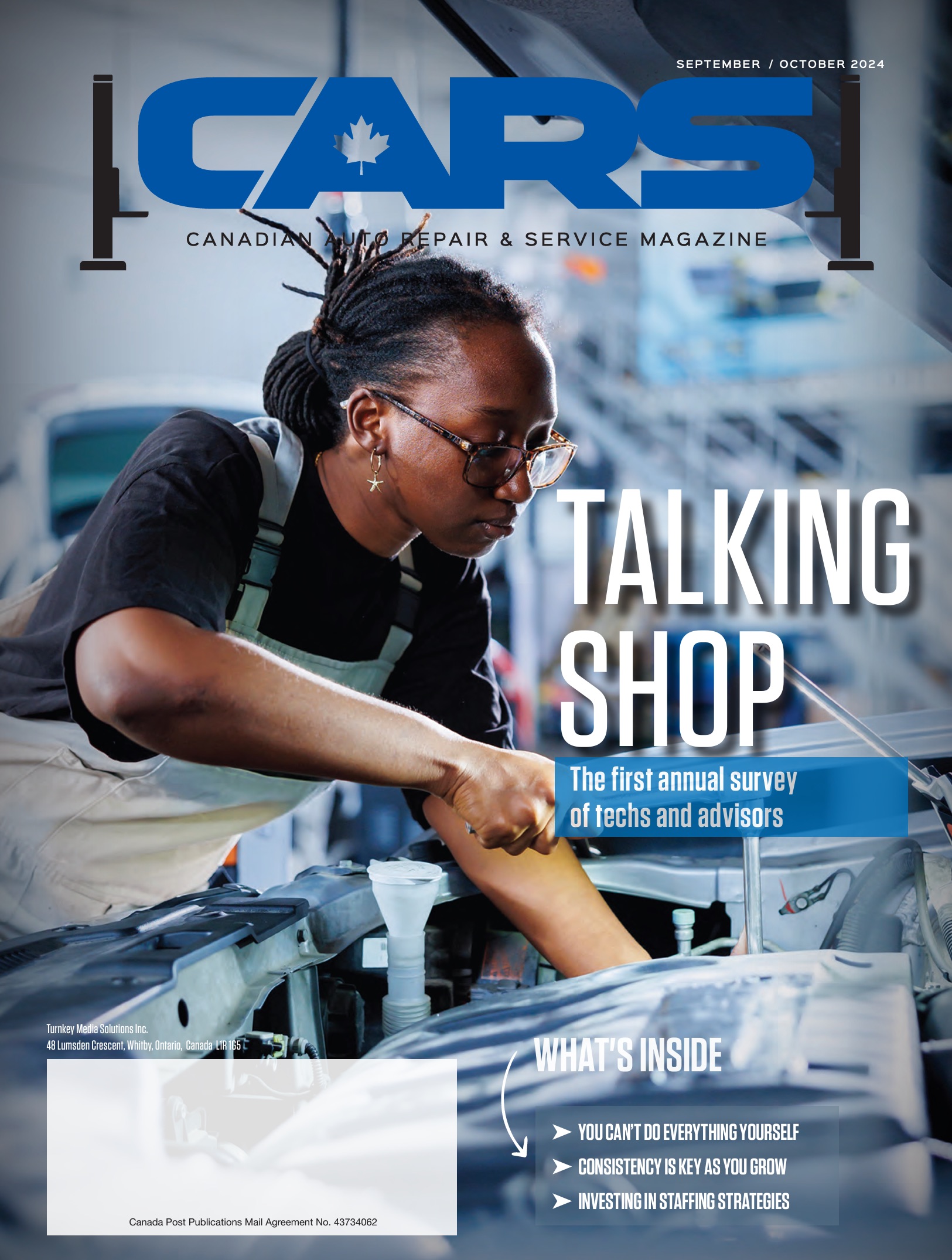
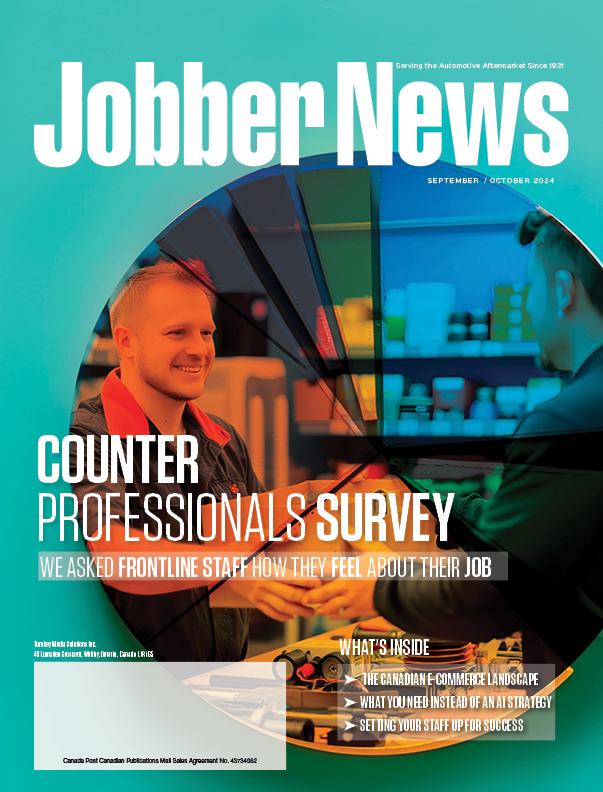
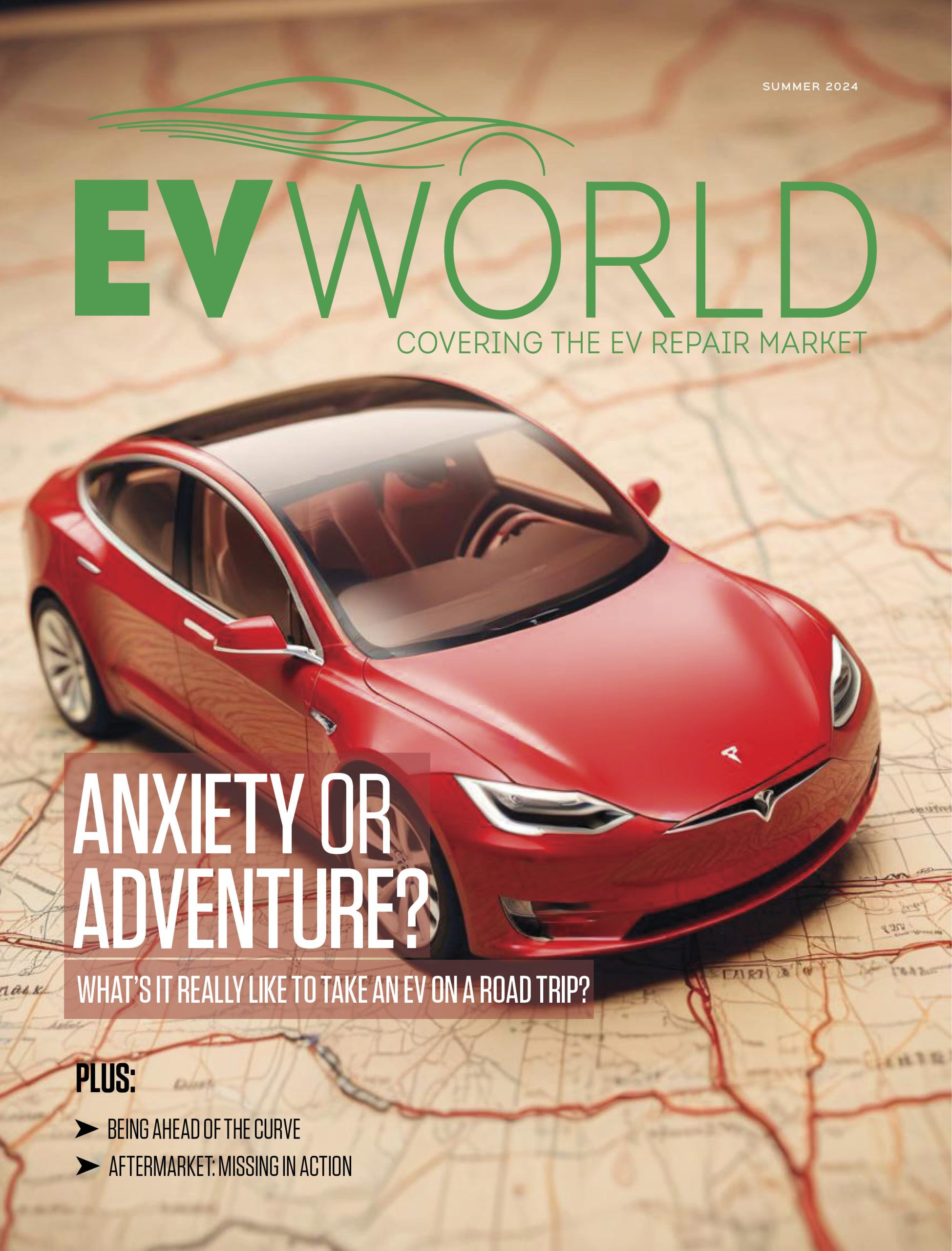




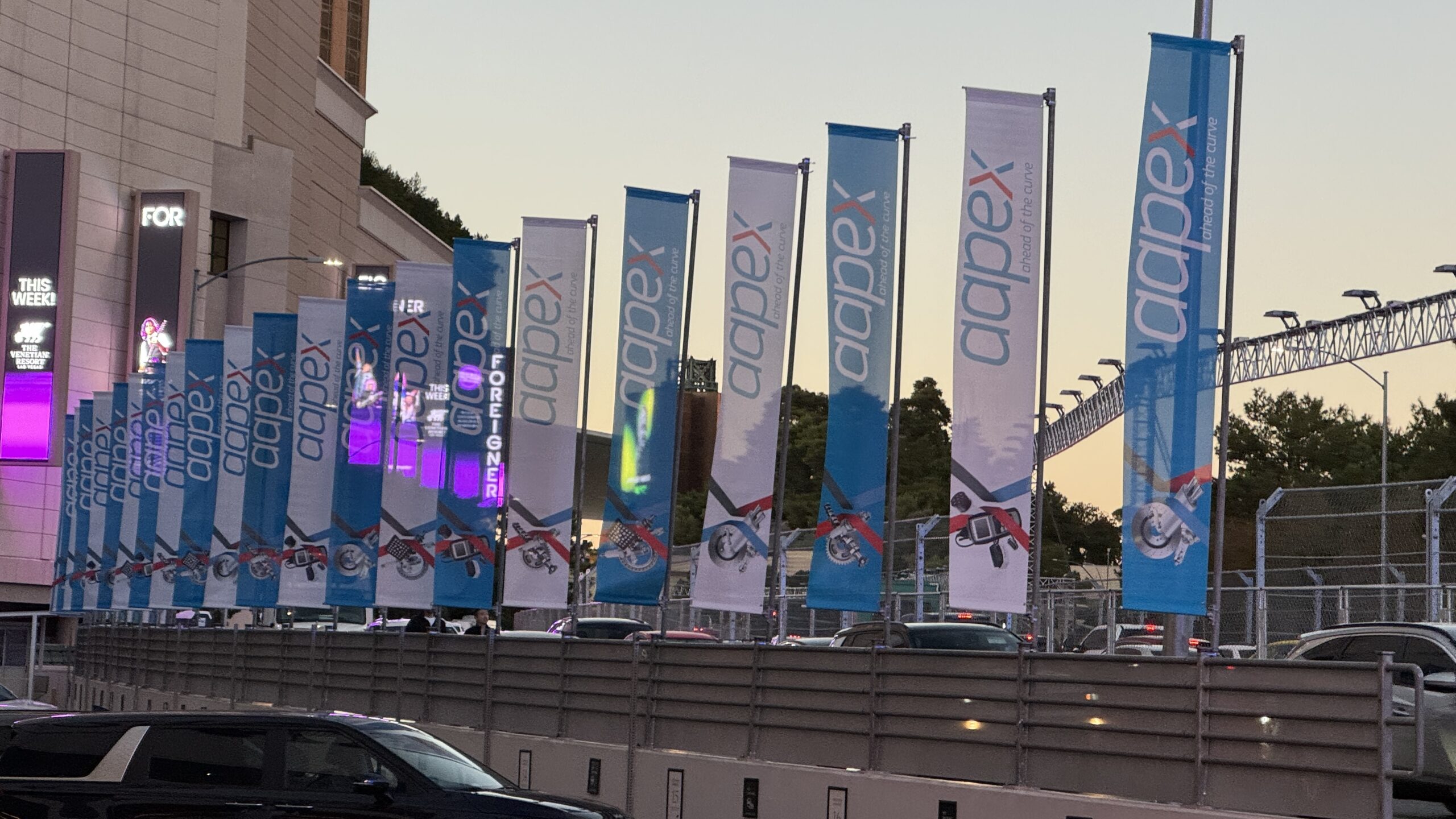


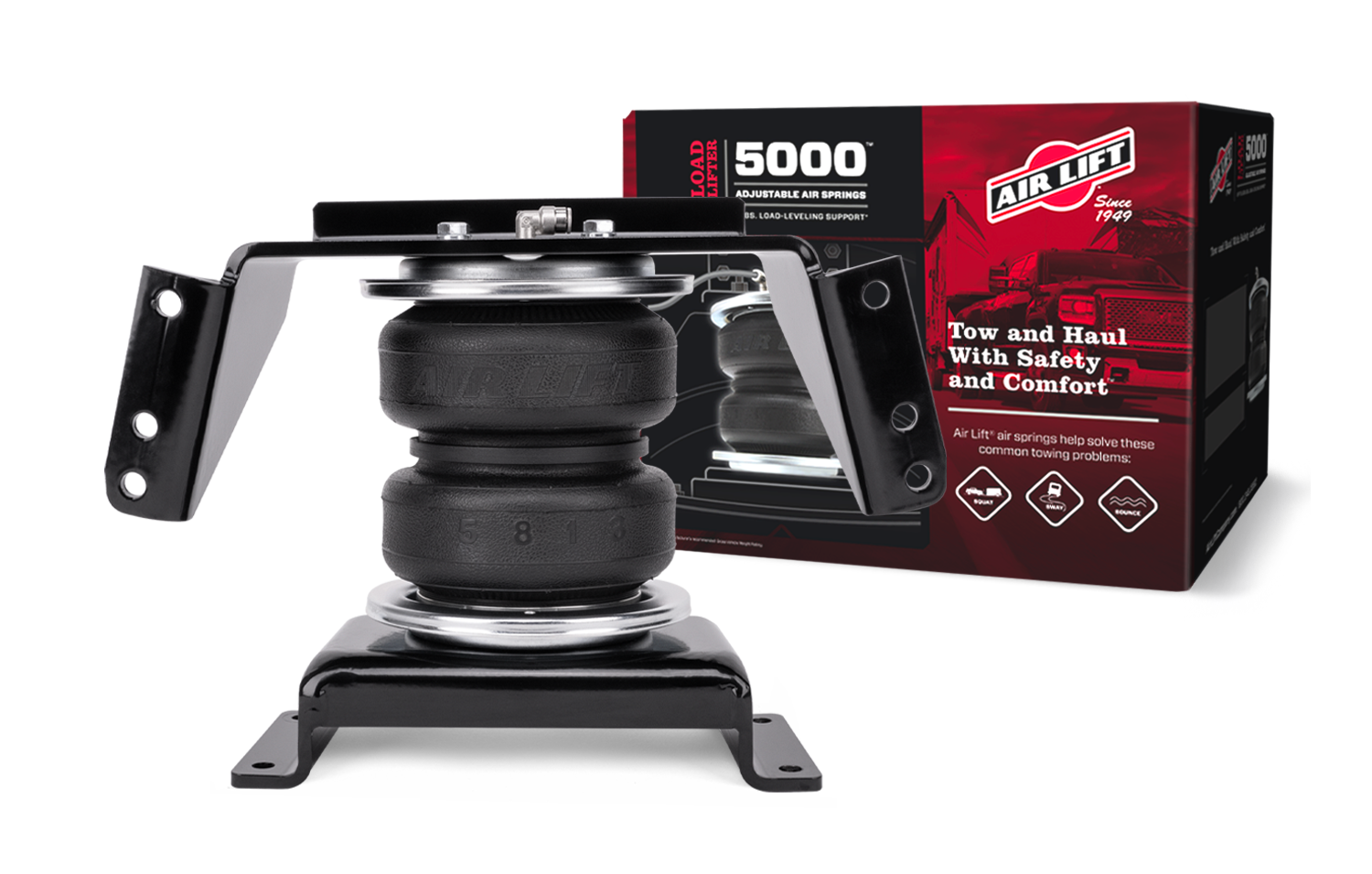
Leave a Reply